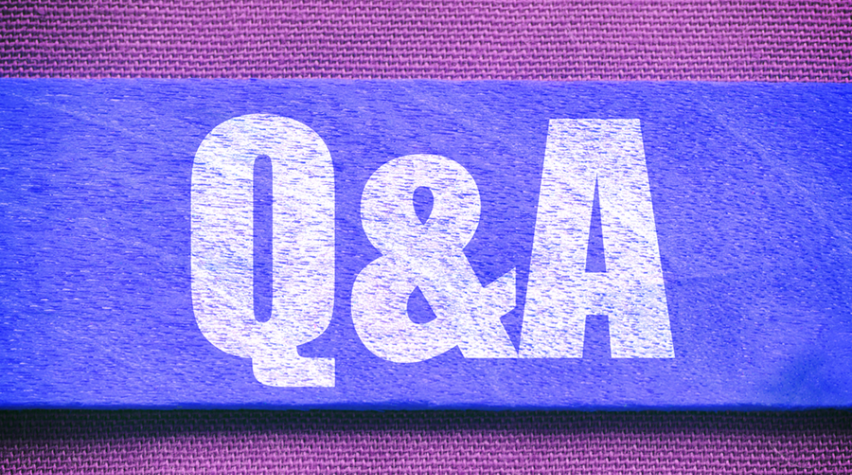
What one piece of advice would you share with Young Professionals?
President Elect

As tempting as it is to sit back and enjoy the benefits of that hard-earned degree, graduation should mark the beginning of life-long learning, not the end. The truth is that you need to run hard even to keep pace with the competition. This is true for companies and it is also true for individuals. People need to keep their skills sharp and their understanding of the world broad. One way of learning is to network professionally with as broad a demographic as possible. The "rightsizing" that has occurred in many companies translates to fewer experienced workplace role models for a young professional. It is important that she or he reach out to seasoned people who can provide mentoring on either a formal or informal basis. A mentor within one's own organization can work well because of convenience as well as shared culture. A mentor in another organization offers additional learning and networking opportunities. Active participation in the AIChE is a well-established, proven path to networking across the entire chemical engineering profession. I have stated that I am a "late bloomer" with respect to active AIChE participation, and that my one regret is that I didn't start earlier in my career. Given how highly I value my AIChE participation and how it has enhanced my professional standing, I advise all students and young professionals to actively join us as early as possible!
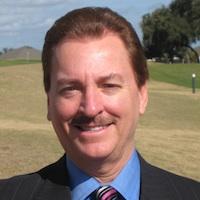
The one piece of advice that I would share with Young Professionals is to become an active AIChE member. When you become an active AIChE member you will increase your professional network, develop lasting relationships with your chemical engineering colleagues, and you will improve your communication and leadership skills.
Treasurer
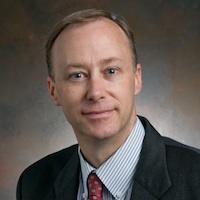
Save for retirement now. I suspect many have said this to you, but I would like to reiterate the point. Because I have been working for the same company for almost 30 years, I have three legs to my retirement income--401K, pension, and social security. Most young professionals may have only two (401K and social security). If you do the math, a million dollars in savings, paying a 4 percent rate in retirement doesn't give you much income when you retire. My father's advice to me was to save 25 percent of my income. Well, I can't say that I was ever able to save that much, however the point he was making was save as much as possible and don't count on anything or anyone but yourself. His advice is as true today as it was then. While the YP question only asks for one piece of advice, I am going to offer one additional important piece of advice related to work. Even if you don't like your boss, boss's boss, or a customer/co-worker, there is always something about each individual that you can find likeable. Find that one thing and focus on it. A social relationship setting can often bring out the best in people, so take time to get to know your colleagues without first making judgements.
Director
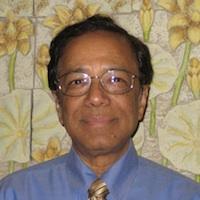
My one piece of advise will be to get highly involved with AIChE and other professional societies, and stay active throughout the career.

Be alert, flexible, open minded, stay up-to-date and think globally. AIChE is a great place to appreciate and debate the issues, and to help act upon them.
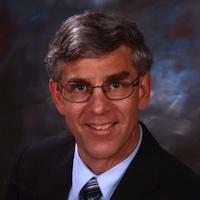
You want to save the world. You want to make the world a better place. Just do it. In my job I am helping to safely empty and close high level radioactive waste tanks. The largest high level waste processing facility in the world is processing the waste in ways my colleagues and I recommend. I am trying to develop a new processing flowsheet which is safer and more productive. I'm doing things I never imagined more than 30 years ago when I got my diploma. I hope you look back in 30 years and can be proud of the legacy that you have left behind. I hope you truly help to make the world a better place.
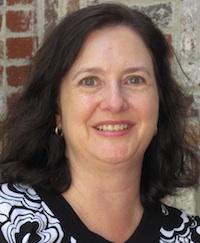
If you don't like something, stop complaining and see what you can do to improve it. Get involved in order to make a difference. This can happen at your workplace, in your community, or in the broader world. If you don't like the way your local section works, run for an office! If you want to see more young girls and minorities consider engineering careers, get involved in K-12 outreach programs. Any time that you find yourself grumbling about the way things are, try to come up with a possible solution. Thinking like an engineer can provide fresh insight for many community and global problems. Take advantage of your technical knowledge and your leadership skills to make the world (or at least your corner of it) a better place.
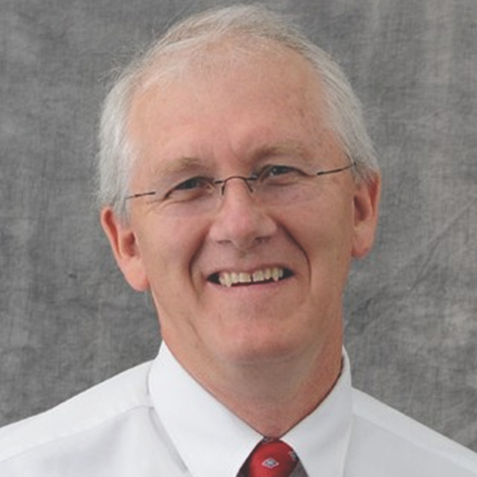
Get involved. It may be easier to sit by and watch others do what is required to keep the local section going. But, as I was taught early in my life, you get out more if you give more. By being involved you are able to help shape the program and you become committed to making it succeed. Another important lesson I learned early is that the teacher usually learns more than the student, so if you are involved you generally get back more than you give.
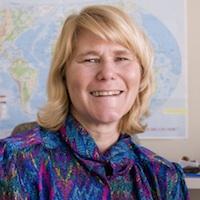
Record your achievements. As your career evolves you will likely want to change jobs, change companies, or possibly pursue something very different than where you started. At each step along the way we learn new skills and, over time, develop a nice portfolio of accomplishments. Having a record of achievements will help when you market yourself 10, 15, 20 years and more into your career. The record I use is simply bullet points on resumes that I have created over my career. If you prepare monthly reports or prepare a summary for your performance review, collect these. These records will help refresh your memory on details, and you can mine these records for ideas when tailoring your resume to pursue whatever new opportunities come your way.
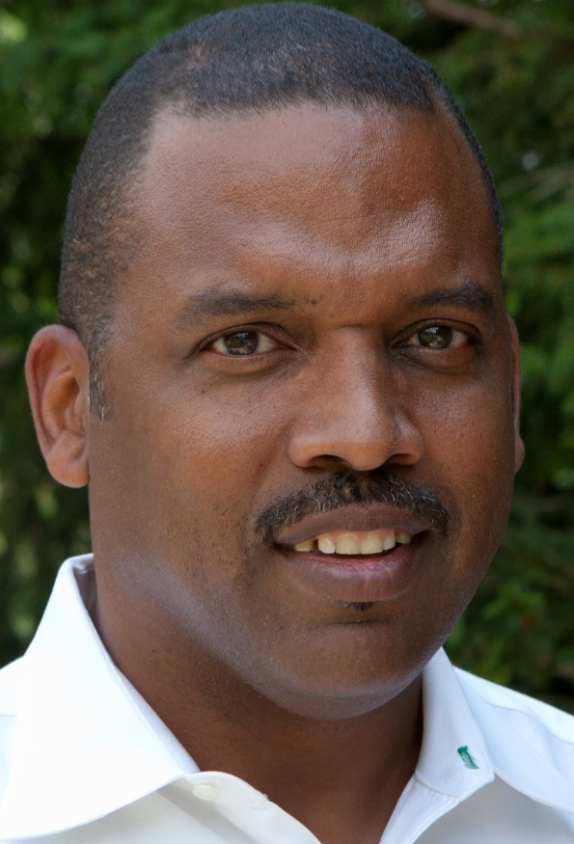
I would suggest you take full advantage of continuing education and career development opportunities. During your career, which could last several decades, the focus of your work will likely change. Whether driven by your own interest or shifting needs at your company to be best prepare for these changes, you will have to keep your skills sharp and add new "tools" to your "toolbox." One of the things that I really appreciate about the AIChE is its growing offering of educational and career development resources. A few examples include the eLearning courses, webinars and Mentor Center. Having said that, I would also suggest that you consider resources offered by your current employer and other organizations to which you might belong.
Stay tuned for the responses to upcoming questions. See more about candidates' backgrounds here.


